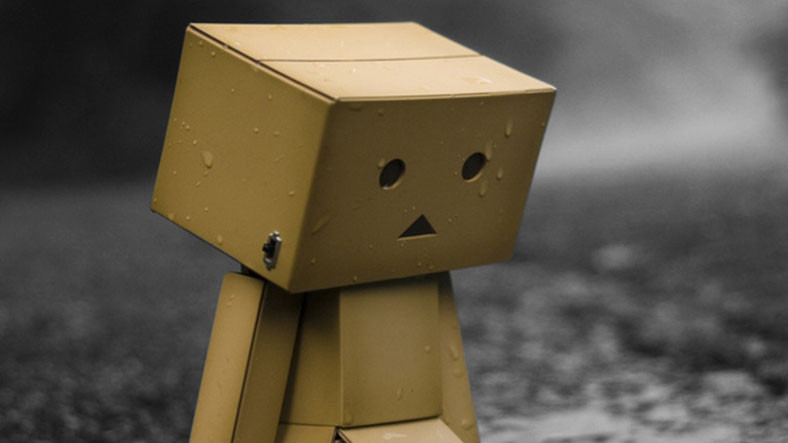Although humans are social beings, we are among ourselves. There are people who like solitude, and people who can’t stand it. The literature on loneliness has been made for centuries, but what does the scientific world say about it?
A study by scientists at the University of Vienna has concretely revealed how people who dislike loneliness feel. 8 hours of solitude, like it or not, according to research fast for 8 hours gives the same effect.
Among those most affected are those who live alone:

At the beginning of the people that loneliness has the same effect as hunger and that it affects the most. those who live alone and both who enjoy interacting with other people is located. So it doesn’t matter which pole you’re in. In the tests, when these people are alone for a long time, his energy starts to drop and he feels tired is seen.
Another important result of the study was the biological effect of loneliness. The scientists determined that the decrease in energy was due to the body’s homeostatic response. This is your social deficit. that it becomes a biological reaction to point.
So how were these results achieved?
Scientists conducted two separate studies in the lab and in the field. In the laboratory setting, 30 female volunteers did not eat for 8 hours or were alone for 8 hours over three separate days. Feedback was then collected on how they felt.
In the field study, individuals from Austria, Italy and Germany data during the COVID-19 period Viewed. In the April-May 2020 data, it was shared that people slept more in isolation. At the same time, these people were asked to answer the questions posed in the research in the laboratory environment from their smartphones.
Although the nutritional factor was not tested in the field study, the data obtained after isolation was consistent with the laboratory data.
Loneliness can be a great danger for individuals:
Some studies to date have shown that loneliness health problems such as obesity has demonstrated the effect. Loneliness has also been shown to be a preference that one becomes more accustomed to over time.














